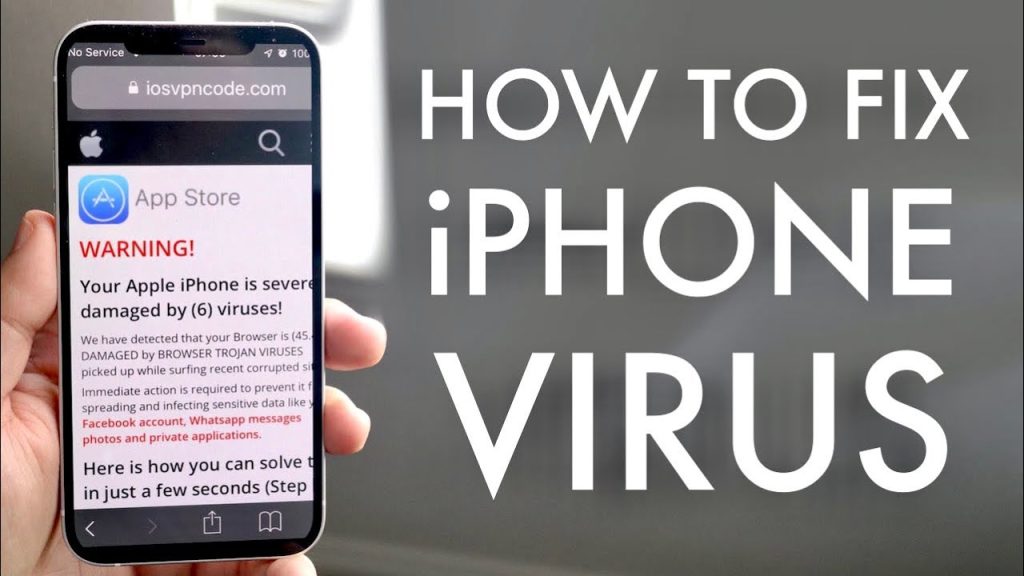Mobile radiation is a type of electromagnetic radiation, which is emitted by wireless devices. Some of the sources of mobile radiation include power lines, cordless phones, and smart meters. It is also emitted by some other types of technology, such as televisions, microwave ovens, and baby monitors. The World Health Organization and European Communities have both recommended that we limit exposure to mobile phone radiation, while the US Food and Drug Administration has issued safety guidelines for cellphone use.
According to the National Toxicology Program, cell phone radiation is not harmful at low levels, but it can cause long-term health effects. Scientists who studied the effect of mobile phone radiation on rats found that the effects of radiation exposure on rats were similar to those experienced by humans. The data obtained from these studies can help us understand the effects of mobile radiation on human health. For example, mobile phone users should limit their time spent on their phones.
In addition, people should check their mobile phone radiation levels regularly. There are even apps that will display the radiation level in real time. These apps are not designed to discourage the use of mobile phones, but they are designed to make people aware of the risks associated with exposure. In general, they do not cause a person to stop using a cell phone, but they can help them make an informed decision. And remember that there are no known risks associated with mobile phone radiation.
While mobile phone radiation can affect adults, children are particularly sensitive to it. Their heads are smaller, and their brains are not capable of receiving the same amount of radiation as adults. Therefore, children are more susceptible to this type of mobile radiation. In fact, one study, conducted by the IARC, concluded that high frequency radiation from mobile phones can cause brain tumors in rats. However, another study published in 2016 found that there was no correlation between exposure to mobile phone radiation and cancer in adults.
Despite the dangers of mobile phone radiation, it is not yet clear what causes it. While a small amount of mobile radiation is not harmful, it is too high for children to develop healthy habits. This is why you need to know what the average amount of mobile radiation is in your area. And remember, a good amount of exposure to mobile phone radiation is safe for the average adult. While there are no proven risks of chronic exposure to mobile phones, it is advisable to take steps to limit your usage of mobile devices.
There are no definitive studies about the risks of mobile radiation, but it is important to be aware of the level your phone is exposed to. While the effects of radiation are well-known, non-ionizing radiation is not. Thankfully, there are some precautionary measures you can take to limit your exposure to mobile phones. You should also be aware of the amount of mobile radiation in your area. The best way to do this is to use a smartphone that is certified by the German Federal Office for Radiation Protection (Germany).
Research suggests that mobile radiation affects children more than adults. The wavelength of the radiation varies from phone to phone. The shorter the wavelength, the more ionizing the radio waves are. Some of the more harmful frequencies can be detected by skin sensitivity tests. If you have a sensitive body, it’s best to buy a sticker that says SAR. It’s worth the money. It is a great way to keep in mind the risks of mobile radiation.
Fortunately, the radiation levels in your phone aren’t harmful for you. It’s not necessary to avoid mobile use. You can check the levels in your area by using a smartphone app. Although this information doesn’t constitute any evidence of any health risks, it is helpful to know the exact amount of mobile radiation in your area. You’ll want to limit the frequency and duration of your exposure to mobile devices, as well as the amount of exposure you get from your device.
















